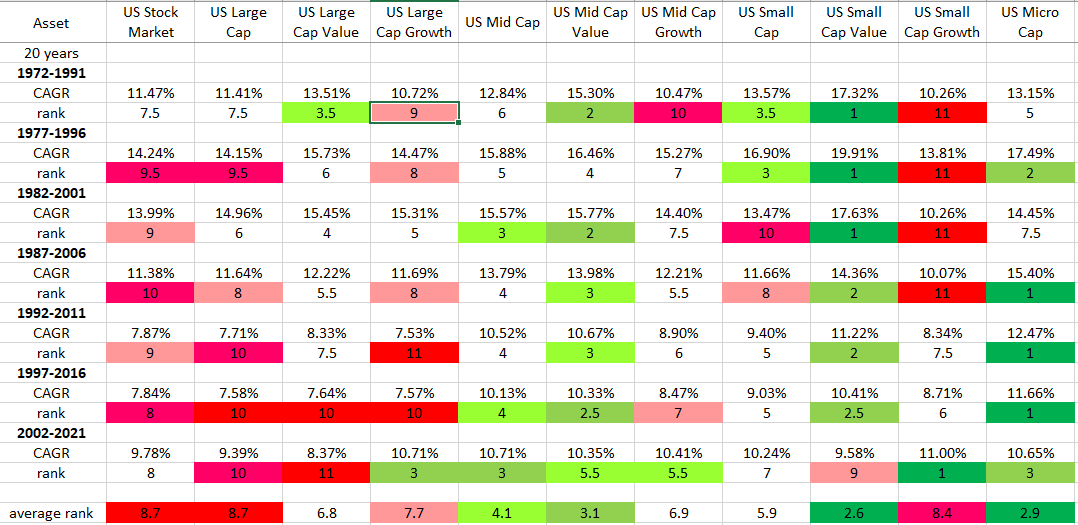Knowing what approach has the most profit requires foresight, which none of us has.
One approach is to invest in low cost index ETFs at market weight, provided the markets taken into account are liquid enough. That approach relies on the real economy being the fundation of long term market returns and guarantees to yield market returns minus a small fee.
Whatever approach you choose, one sure way to mess things up is to not follow the plan. In order to follow a plan, you need to have one (which seems to be what you are doing, so kuddos on that) and to be economically and psychologically able to stick to it come hell or high waters.
Hell or high waters can come in the form of someone around you needing help money can solve, yourself being subject to an accident preventing you to work in your choosen field (or at all) again, markets going up and you making less profit than other people posting on Reddit how they are going to the moon with the latest fad, markets going down and you watching your net worth number fall as you fear more and more for your economic security, or other things.
In order to be ready for all that, one way is to assess your need, ability and willingness to take risk. Those assessments are personal, some of the things to take into account are what you are trying to achieve, if you have dependents that require your income for their wellbeing, if you are sufficiently, but not too much, insured, if your goals require you to take increased risk, at the risk of loosing it all (or most of it) should something go wrong, if you have a reliable network that can help you in case of need, if such network is diverse enough to avoid having most people in a time of need at the same time, if you can stomach an 80%+ drop of value of your assets and still keep the faith that they will grow you wealth if you stick with them and many other such things.
Having made such assessment, I would ponder whether I actually need to take increased risk (that is, if the risk of not meeting my desired target bears worse consequences than the risk of being destitute) or if, having to choose, protecting my current way of life takes precedence, with an option on growing wealthier. This would tell me whether, in case of doubt, I should consider going for high risk/high reward or if I should resort to the more conservative option. This, in turn, would allow me to invest with my eyes open and keep them so in the coming storms, because big storms are likely to be part of the journey.
Concerning the specific partial allocation you have stated, I would ask myself if I need more stability than 100% stocks, why I want to tilt toward US tech stocks, what exactly constitutes “a bit” of crypto, how I would invest it, where and through what means, what constitutes “a bit” of cash and finally what allocation my assets at finpension would have and how that affects my global allocation.
That allocation looks viable and has chances to grow your wealth over time if you manage to stick to it. That, of course, doesn’t mean it is the right allocation for you (it could or could not, depending on your assessment).


